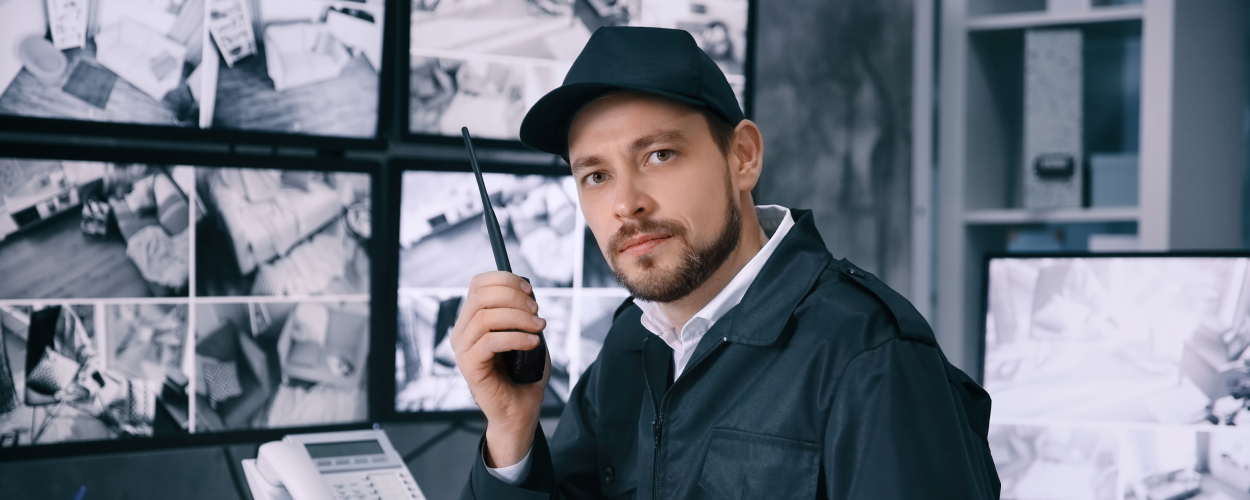In today’s ever-evolving world, access control management services play a crucial role in safeguarding people, property, and assets. These services encompass a range of measures designed to regulate who can enter a specific area or facility, and they form the bedrock of modern security protocols. In this blog post, we will explore the pivotal role of security guards in access control and visitor management, shedding light on how their presence enhances safety and security.
Understanding Access Control Management Services
Access control management services are comprehensive strategies and technologies used to manage and restrict access to a given location. This can include physical barriers like gates and turnstiles, as well as digital systems such as key card readers, biometric scanners, and surveillance cameras. The primary goal is to ensure that only authorized individuals can enter designated areas, whether it’s a corporate office, a residential complex, or a sensitive government facility.
Example: Think about a typical corporate office building. Employees use their ID badges to gain access through turnstiles, while visitors must sign in at the front desk and receive a temporary access badge.
The Role of Security Guards in Access Control
While advanced technology plays a significant role in access control management services, human intervention remains a critical component. Security guards are the linchpin of this system, providing the human touch necessary for effective access control. Here’s why security guards are indispensable in this context:
1. Visitor Authentication and Verification
Example: Let’s say a visitor arrives at a manufacturing facility. The security guard at the entrance checks the visitor’s ID, confirms their appointment, and ensures they have the necessary clearance to enter the premises. This initial verification step is crucial to maintaining security.
2. Immediate Response to Security Threats
Example: In the event of an unauthorized entry or a security breach, security guards are the first responders. Their presence ensures a rapid reaction to any suspicious activity, deterring potential threats and minimizing damage.
3. Emergency Situations Handling
Example: During emergencies like fires, natural disasters, or medical incidents, security guards play a vital role in directing people to safety, managing evacuations, and coordinating with emergency services.
4. Customer Service and Information Assistance
Example: Security guards can also assist visitors by offering directions, answering questions, and providing a friendly face, which enhances the experience while maintaining security.
FAQ Section
Q: Can access control systems work without security guards?
A: While access control systems can function independently to some extent, the presence of security guards enhances their effectiveness. Guards provide human judgment and immediate response capabilities that technology alone cannot replicate.
Q: What qualifications do security guards need for access control roles?
A: Security guards in access control roles typically require training in security procedures, conflict resolution, and customer service. They may also need to obtain specific licenses or certifications depending on local regulations.
Q: How do security guards coordinate with access control technology?
A: Security guards are trained to use access control systems effectively. They can monitor digital access logs, grant temporary access to authorized personnel, and respond to alerts generated by the technology.
Conclusion
As you can see, the synergy between advanced access control technology and security personnel is essential for comprehensive security solutions. If you’re looking to enhance the safety and security of your premises, consider integrating access control management services into your strategy. Take the first step towards a secure future by requesting an estimate from our experts today.
